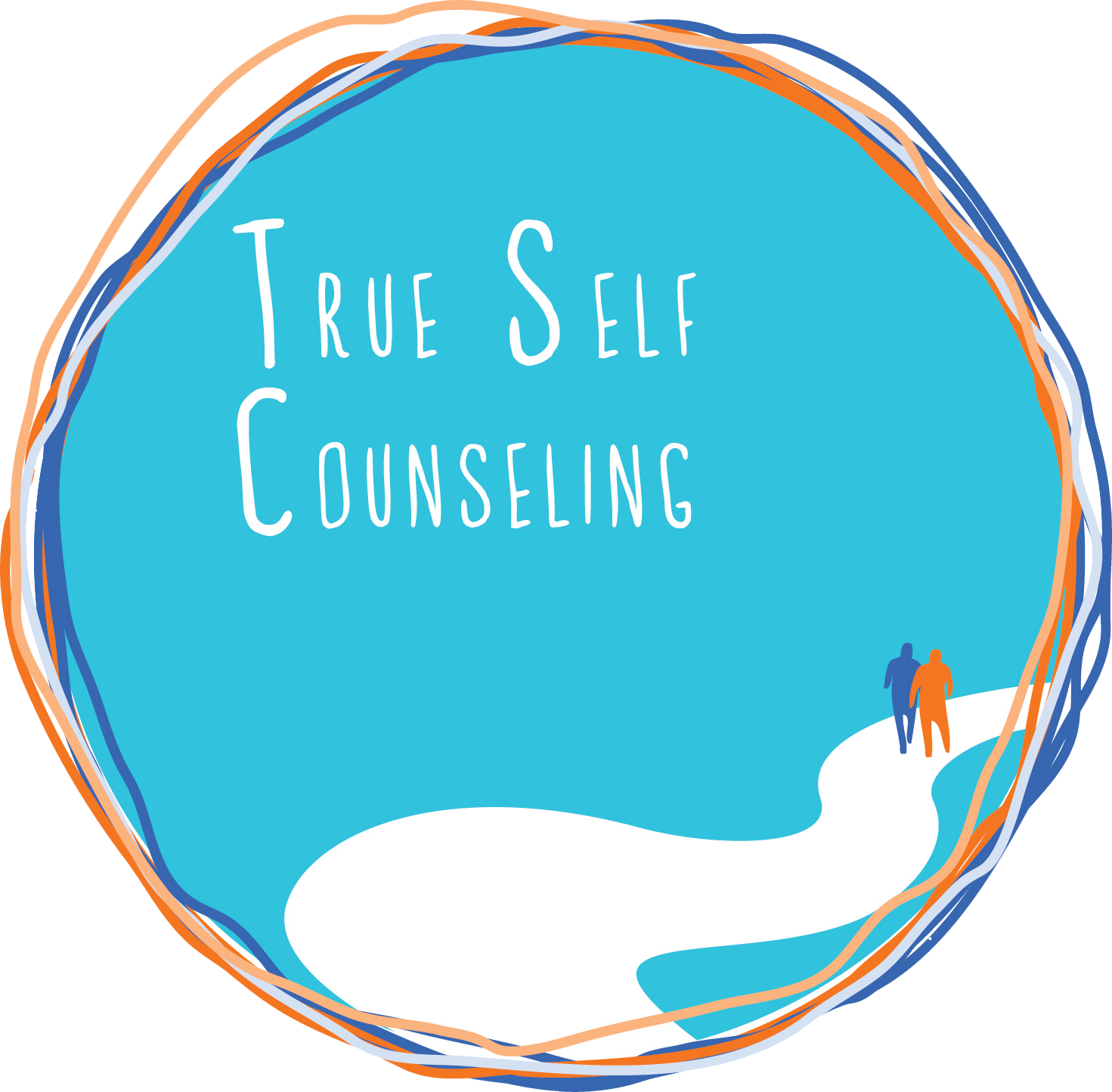Depression is a mental health condition that goes beyond mere feelings of sadness. It would be better described as a persistent and overwhelming sense of despair that can linger for weeks, months, and even years. Depression affects millions of people worldwide, oftentimes having a negative impact on personal well-being, relationships, work, school, and overall quality of life.
Contrary to common misconceptions, depression isn’t a sign of weakness, nor is it a mere mood swing that one can easily snap out of. Rather, depression involves a combination of biological, psychological, and/or environmental factors. Physiologically, there can be multiple neurotransmitters involved, making it difficult to regulate mood. Genetic predispositions can also make certain individuals more susceptible to experiencing depressed mood. Additionally, life events such as trauma, loss, or chronic stress can act as triggers, exacerbating the condition.
Being able to recognize the symptoms of depression is essential, not only for those who experience it, but also for those close to them. Detecting depression at its earliest signs is optimal, as it allows for prompt initiation of treatment, which can prevent the condition from worsening. Common symptoms include persistent sadness, loss of interest in previously enjoyable activities, changes in sleep and appetite, fatigue, and difficulty concentrating.
The DSM-5 (Diagnostic and Statistical Manual of Mental Disorders, Fifth Edition) outlines the following criterion for depression (otherwise known as major depressive disorder or MDD). In order to meet diagnostic criteria, an individual must exhibit at least five of the following symptoms during the same 2-week period, representing a change from previous functioning. Additionally, at least one of the symptoms must be either (1) depressed mood, or (2) loss of interest or pleasure.
- Depressed mood most of the day
- Significantly decreased interest or pleasure in all (or almost all) activities
- Major change in weight or appetite (not due to dieting)
- Insomnia or hypersomnia
- Excessive restlessness or observable reduction in activity levels
- Fatigue (exhaustion) or loss of energy
- Feelings of worthlessness or excessive/inappropriate guilt
- Diminished ability to think, concentrate, or make decisions
- Frequent thoughts of death or attempt to end one’s life
These symptoms must cause clinically significant distress or impairment in social, occupational, or other important areas of functioning. It’s important to note that the diagnosis also considers ruling out other medical conditions or substances that could contribute to the symptoms. Diagnosis and treatment should be conducted by qualified mental health professionals.
Seeking professional help, whether through therapy, medication, or a combination of both, is a crucial step for managing depression. It is certainly not a sign of weakness, but a courageous step towards healing. By fostering awareness, understanding, and compassion, we can collectively promote mental health treatment for those in need of support. The best thing we can do for those affected by depression is (1) listen without judgment, (2) validate their experiences and emotions, (3) connect them with a professional, and (4) continue to connect with them throughout their journey toward a brighter future.
